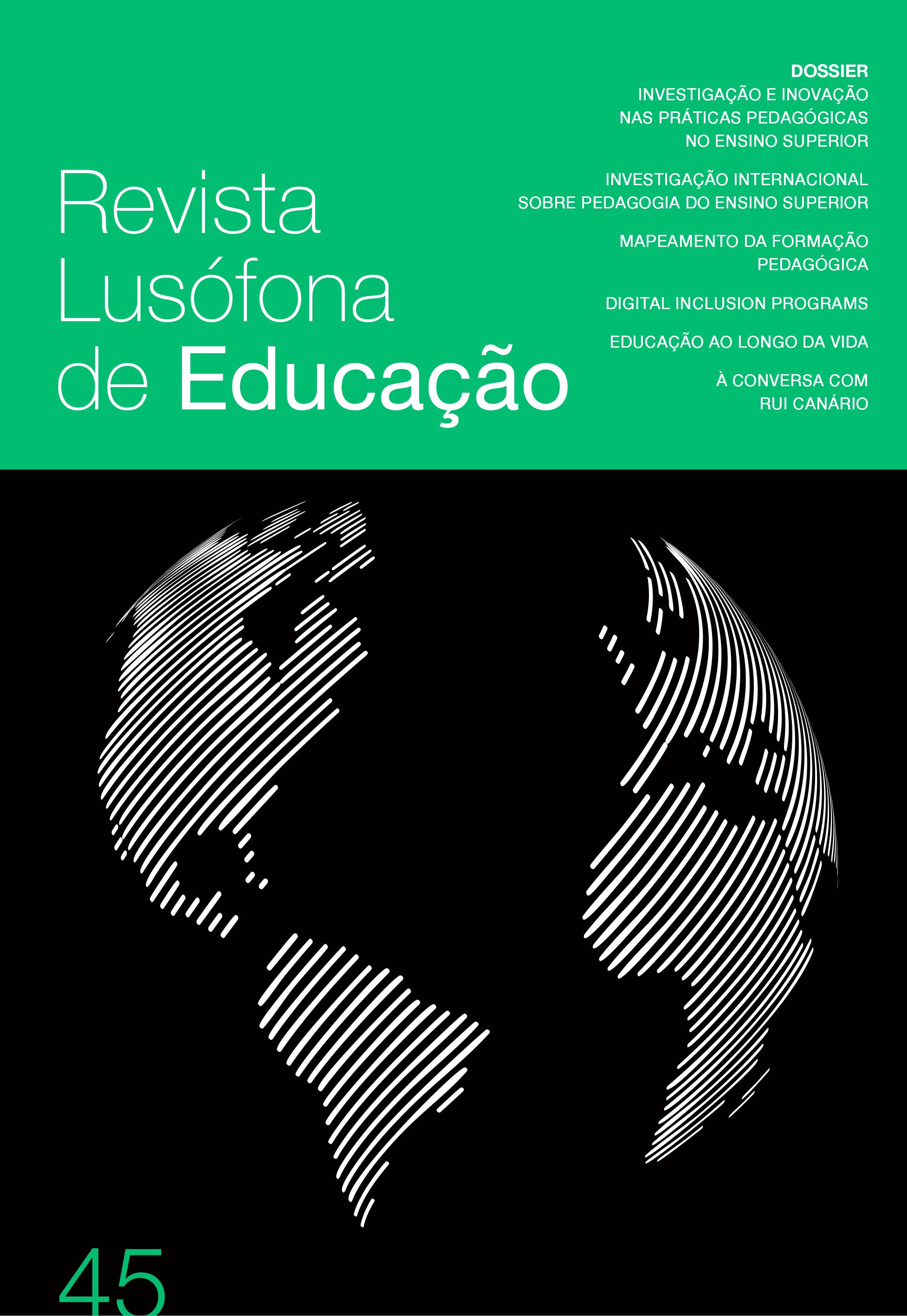Digital inclusion programs: the case of the Basque Country
Resumo
The progressive development of the Digital Age has given rise to a growing number of concepts related to individuals’ experiences with their digital literacy, from the level of competence or lack thereof conceptualized in the digital divide, to the very concept of digital citizenship, essential today for participation in democratic societies. This article analyses the different interpretations made of these concepts with a view to clarifying their appropriate use according to the situations to be studied, understood as an intellectualized evolution of the realities and experiences lived by individuals and society. Since the beginning of the millennium, several national and regional digital inclusion projects began, encouraged by the European policies that aimed to alleviate the already existing digital gap. In this sense, the KZgunea program, the Basque government’s digital inclusion project is analyzed as a paradigmatic case of the evolution of government programs and policies in favour of an adequate level of digital literacy that allows individuals to fully participate in all fields of today’s increasingly digitized society. This report is part of a PhD thesis that analyzes digital literacy as an instrument of empowerment and social inclusion, to improve employability, and as a key to the construction of digital citizenship in the 21st century.
Keywords: digital citizenship; digital literacy; digital divide; digital competence; digital inclusion programs.
Downloads
- Os autores e as autoras conservam os direitos de autor, sem quaisquer honorários, e concedem à revista o direito de primeira publicação, com o trabalho simultaneamente licenciado sob a Licença Creative Commons CC-BY - Atribuição 4.0 Internacional, a qual permite que outros compartilhem (copiar e redistribuir o material em qualquer suporte ou formato) e adaptem (remixar, transformar e criar a partir do material para qualquer fim, mesmo que comercial), com reconhecimento de autoria e publicação inicial na RLE;
- Os autores e autoras têm autorização para assumir contratos adicionais separadamente para distribuição não-exclusiva da versão do trabalho publicada nesta revista (ex.: depositar em repositório institucional ou como capítulo de livro), com reconhecimento de autoria e publicação inicial na RLE;
- Os autores e autoras têm permissão e são estimulado/as a publicar e distribuir o seu trabalho online (ex.: em repositórios institucionais ou na sua página pessoal), já que isso pode aumentar o impacto e a citação do trabalho publicado (Veja O Efeito do Acesso Livre).








